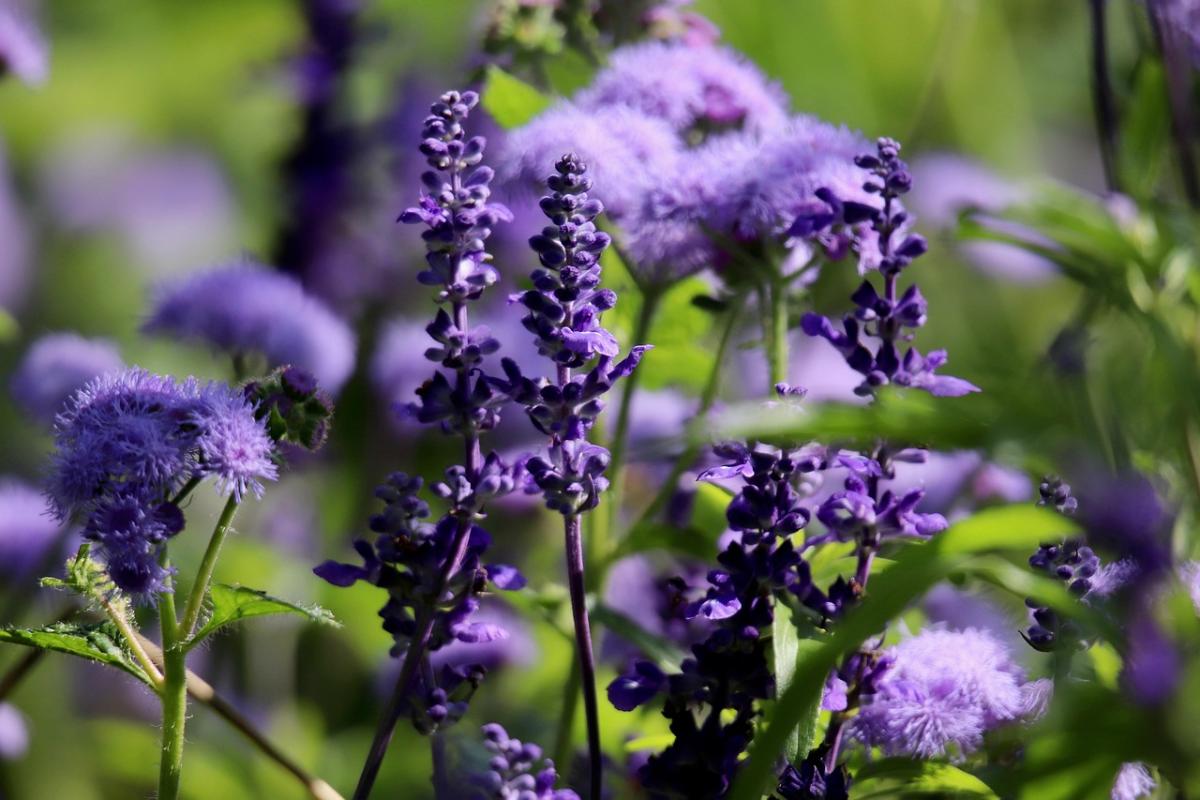Together We Are Strong, Divided We Fall: Unleashing the Power of Unity
In the early 1960s, a massive construction project in New York City aimed to create one of the tallest buildings in the world. As the work progressed, various teams began operating in silos, each focusing solely on their tasks without communicating with others. Misunderstandings led to delays, budget overruns, and ultimately, a building that fell short of its ambitious vision. This incident illustrates how essential unity is; when we stand together, we achieve great things, but division can spell failure.
Throughout history, the idea of unity has resonated deeply across cultures and communities. This article explores the principle of unity and how it applies to our personal lives, workplaces, communities, and the world.
The Historical Roots of "United We Stand, Divided We Fall"
Early Attributions and Significance
The phrase "United We Stand, Divided We Fall" has deep roots. One of the earliest mentions dates back to Aesop's fables, illustrating that a group working together can overcome challenges, but divided, they are easily defeated. Aesop’s tales often delivered moral lessons, showcasing that strength lies in unity.
Evolution of the Phrase Through Time
Over centuries, this saying became significant during pivotal moments in history. During the American Revolution, leaders encouraged unity against British rule. The phrase emphasized that only together could they secure freedom. In different contexts, it has served as a rallying call during wars, social movements, and civil rights battles, reinforcing that collective strength is crucial for change.
Contemporary Relevance of Historical Lessons
The teachings from history remain vital today. Modern society faces issues like political division, social injustice, and environmental challenges that require collective action. Recognizing how the past shaped our present can inspire us to unite and tackle today’s problems.
The Strength of Unity in Personal Relationships
Building Stronger Bonds Through Collaboration
In our personal lives, unity fosters stronger connections. Family members who collaborate on tasks reinforce bonds. For instance, cooking dinner together or tackling a home project can teach communication and teamwork. These activities not only create lasting memories but also instill a sense of shared achievement.
Resolving Conflicts Constructively
Unity plays a key role in resolving conflicts. When disagreements arise, focusing on common goals can help partners find solutions. Instead of arguing, discussing shared values can lead to understanding and compromise. This approach nurtures relationships and promotes harmony.
The Importance of Shared Values and Goals
Shared values unite people even in tough times. Couples and friends with aligned beliefs are more likely to navigate challenges together. This sense of community fosters resilience, allowing individuals to support one another during trials.
Teamwork and Collaboration in the Workplace
Enhancing Productivity Through Team Synergy
In professional settings, unity enhances productivity. Teams that collaborate effectively achieve more than individuals working alone. By pooling skills and perspectives, they can solve problems more creatively and efficiently.
Overcoming Workplace Conflicts with Unity
Workplace conflicts are inevitable, but unity can help. Mediating disputes through open dialogue allows employees to express their views and seek common ground. Team-building activities, like workshops or retreats, strengthen relationships, making it easier to handle future challenges.
The Role of Leadership in Fostering Team Unity
Strong leadership is critical for fostering unity in the workplace. Leaders who promote collaboration and create a shared vision motivate their teams. By encouraging open communication and recognizing individual contributions, leaders cultivate a culture of teamwork.
Community Cohesion: A Foundation for Societal Progress
Addressing Social Issues Through Collective Action
Unity enhances community resilience. When people come together to address local issues, like cleaning parks or organizing food drives, they create stronger bonds. These collective efforts help tackle social problems and promote a sense of belonging.
Building Bridges Across Cultural Divides
Communities thrive when diverse groups unite. Encouraging dialogue fosters understanding across cultural divides. Programs that celebrate differences and promote inclusivity strengthen communities by building relationships based on respect and empathy.
The Impact of Unity on Local Economies and Development
Unified communities can drive economic growth. Collaborative efforts in local businesses, such as farmers' markets or joint promotional events, create a thriving local economy. When community members support one another, they generate jobs, increase opportunities, and enhance the quality of life.
The Global Imperative for Unity
International Cooperation for Peace and Security
On a global scale, unity is essential for peace. Successful international collaborations, like the United Nations, demonstrate how nations can work together to resolve conflicts and promote security. Shared efforts lead to a more peaceful world.
Addressing Global Challenges Through Shared Efforts
Global challenges like climate change and poverty require unity. Countries must work together to develop effective solutions. Collaborative initiatives—like the Paris Agreement—show the importance of collective action in tackling these pressing issues.
Promoting Understanding and Tolerance Across Borders
Cultural exchange and diplomacy are vital for global unity. Programs that encourage international dialogue foster tolerance and understanding. Through education and cultural appreciation, we can build bridges and reduce conflicts.
Conclusion
Unity is a powerful force in personal, professional, and global settings. When we come together, we can achieve greatness and overcome challenges that may seem insurmountable alone. The benefits of unity extend beyond individual gains; they foster resilience, promote peace, and drive progress.
Let us actively promote unity in our lives and communities. Embrace collaboration, seek understanding, and build connections. After all, together we are strong, and divided we fall.



